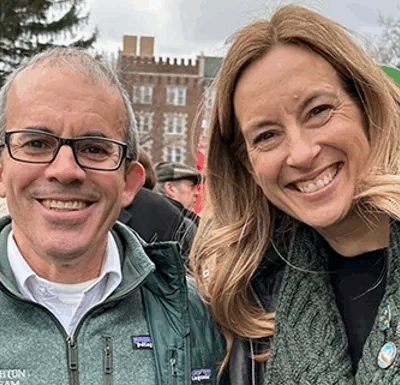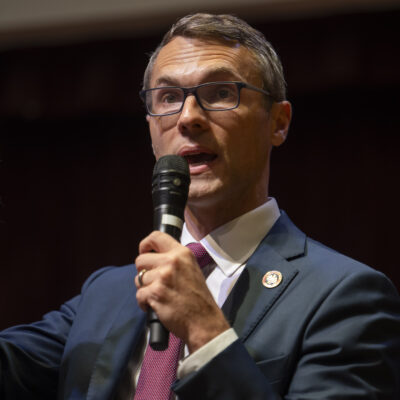
Courtesy
Meet the best friends introducing Middle Eastern date syrup to the wider world
David Czinn and Brian Finkel's date-syrup company is expanding at a time of growing business ties between Israel and Arab states
As teenagers, David Czinn and Brian Finkel joked that they would go into business together one day. Little did they expect that their pipe dream would become reality, or that their fledgling business — based on an ancient biblical...






